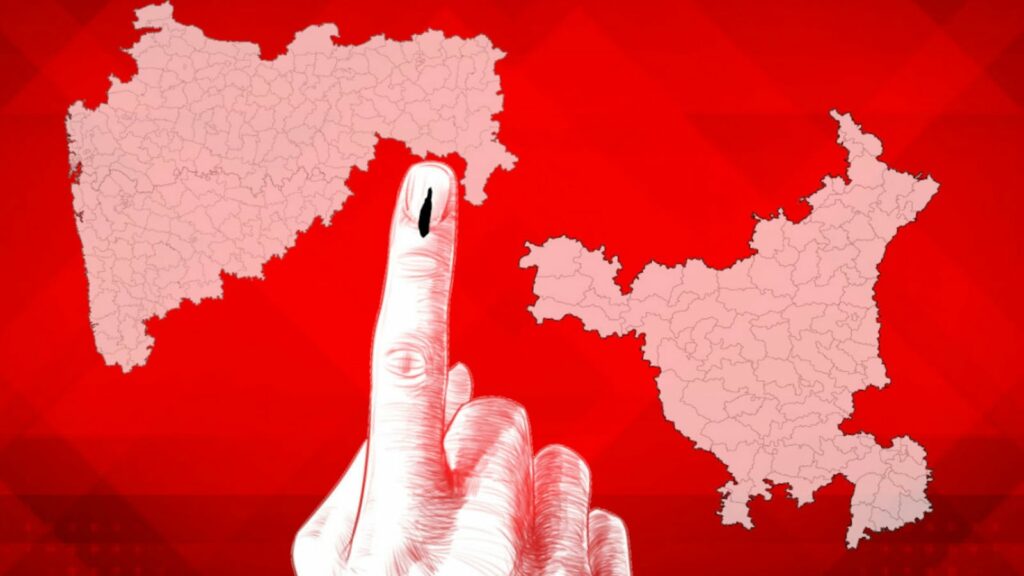Understanding Popular Sovereignty: Meaning, Basic Ideas, and Simple Examples

popular sovereignty
Popular sovereignty is a term that has been bandied about in political and academic circles for centuries. But what does it really mean? How does it shape the foundation of democratic societies? And can we find simple, everyday examples that illustrate this concept? In this article, we will delve deep into the essence of popular sovereignty, its basic ideas, and provide relatable examples to help you grasp its significance.
Also Read:- Find Out Who is Running For President in 2024- U.S. Presidential Election
What is the Meaning of Popular Sovereignty?
At its core, popular sovereignty refers to the principle that the power and authority of a government are derived from the consent of the governed. In simpler terms, it means that the people are the ultimate source of political power in a state. This concept is rooted in the belief that individuals have certain inalienable rights, and it is the duty of the government to respect and protect these rights. If a government fails to do so, the people have the right to alter or abolish it.
The term “sovereignty” itself denotes supreme power or authority. When prefixed with “popular,” it emphasizes that this supreme power rests not with a monarch, an elite class, or any single entity, but with the collective will of the people.
What is the Basic Idea of Popular Sovereignty?
The foundational idea behind popular sovereignty is that governments are created by the people and for the people. This means that any legitimate government must operate with the consent and approval of its citizens. This idea challenges the age-old belief in the divine right of kings or the inherent authority of aristocracies. Instead, it places the power squarely in the hands of the common people.
Several key principles underpin popular sovereignty:
- Consent of the Governed: For a government to be legitimate, it must have the consent of its citizens. This consent is often expressed through elections, referendums, and other democratic processes.
- Accountability: Governments are accountable to the people. If they fail to serve the public interest, they can be voted out or even overthrown.
- Rule of Law: Everyone, including the government, is subject to the law. This ensures that power is not abused and that citizens’ rights are protected.
- Inalienable Rights: Every individual has certain fundamental rights that cannot be taken away, such as the right to life, liberty, and the pursuit of happiness.
What is a Simple Example of Popular Sovereignty?
To truly understand popular sovereignty, it’s helpful to look at tangible examples. Let’s consider a hypothetical situation in a small town:
Imagine a town named Libertyville, where the local government wants to build a new park. Instead of making a unilateral decision, the town council decides to put the matter to a vote. They organize a town-wide referendum, allowing every resident to have a say in whether the park should be built.
The day of the referendum arrives, and a majority of Libertyville’s residents vote in favor of the park. The town council, respecting the will of the people, proceeds with the park’s construction.
This example illustrates popular sovereignty in action. The people of Libertyville had the ultimate say in a decision that affected their community. The government acted based on the collective will of its citizens, showcasing the essence of popular sovereignty.
Conclusion
Popular sovereignty is more than just a political term; it’s a fundamental principle that underpins democratic societies. It emphasizes the role of the people as the true bearers of power and authority. Through mechanisms like elections and referendums, the voice of the majority is heard and respected.
In today’s world, where authoritarian tendencies can sometimes overshadow democratic values, understanding and upholding the principle of popular sovereignty is more crucial than ever. It serves as a reminder that governments exist to serve the people, not the other way around.
As we reflect on the meaning, basic ideas, and examples of popular sovereignty, let’s remember its significance in shaping free, fair, and just societies. After all, a government “of the people, by the people, for the people” is the cornerstone of a thriving democracy.
FAQs on Popular Sovereignty
1. What is popular sovereignty?
- Popular sovereignty is the principle that the power and authority of a government come from the consent of the governed. Essentially, it means that the people are the ultimate source of political power in a state.
2. How does popular sovereignty differ from the divine right of kings?
- While the divine right of kings suggests that monarchs derive their authority from God, popular sovereignty emphasizes that the supreme power rests with the collective will of the people.
3. What are the key principles of popular sovereignty?
- The main principles include the consent of the governed, government accountability, the rule of law, and the protection of inalienable rights.
4. How is the consent of the governed expressed?
- Consent is often expressed through democratic processes such as elections, referendums, and public consultations.







